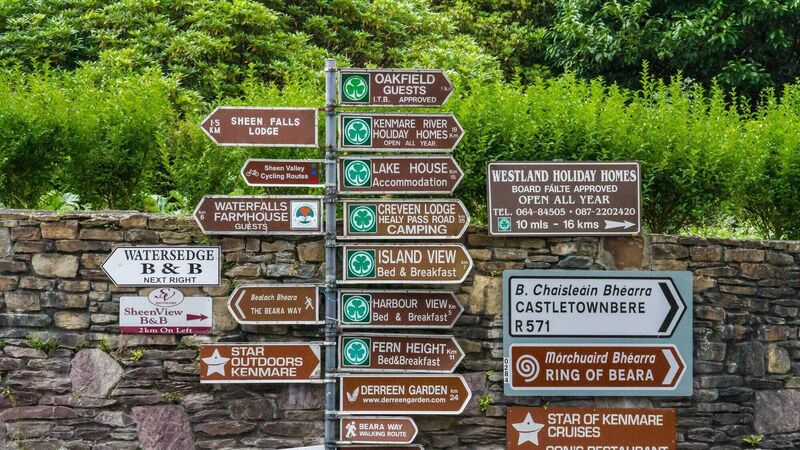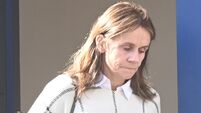They have been the backbone of the tourism industry but Ireland's B&Bs face an uncertain future

The Covid pandemic is just the latest challenge facing a sector that has been at the forefront of Irish tourism for half a century. File Picture: iStock
Janet Quin has been involved in her Bed & Breakfast business in Innishannon, Co Cork since she was 10. Like many traditional operators across the island, she learned the trade from her parents who opened their home to foreign travellers giving them an authentic céad míle fáilte.
Now aged 60, Janet is one of just 700 registered B&B owners in Ireland — a figure that has been rapidly decreasing since the late 1990s when there were 4,000 registered B&Bs operating in Ireland.














